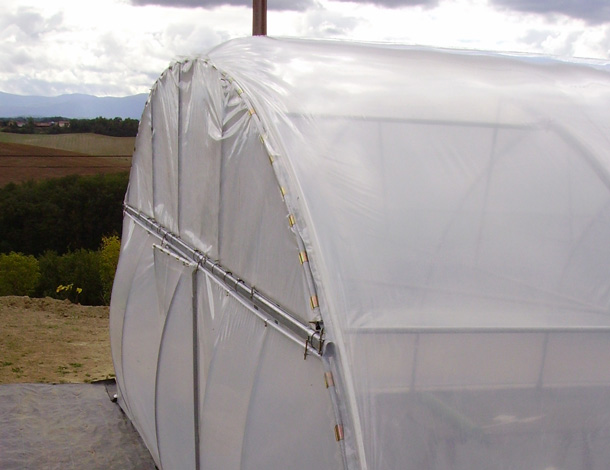PALMARIS,
an economical and ecological nursery...
Situated in the foothills of the Pyrenees, Palmaris
grows and sells by correspondance a variety of different palms from
all parts of the world and suitable for every climate. But not only
palms, we also offer agaves, yuccas, dasylirions, aloes, heliconias,
banana plants, hardy cacti, aracae and exotic flowers and fruit trees.
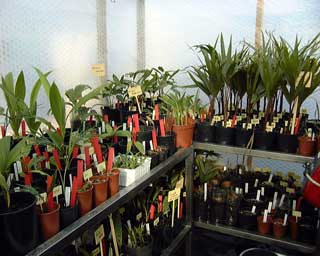
We have an acclimatisation unit for
the palm plantlets grown here from seed.
We offer young plants sown and raised under glass
or in the open, together with a choice of mature plants, ready to be
planted directly in the garden, including palms, agaves, yuccas, cacti
and outdoor banana plants. Our aim is to help you discover by experience
and acclimatisation the great diversity of the world of plants.
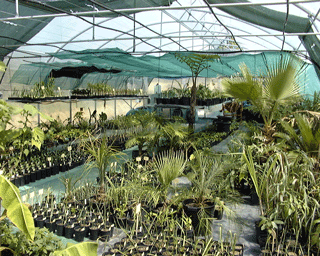
Palmaris in the year 2000
It is possible, depending upon which part of Europe
you live in, to grow anything from 5 to 100 species of palm tree in
your garden. Kept indoors, in a conservatory or small heated greenhouse,
there are several hundred more species which you can keep and enjoy.
Not all palm trees are gigantic, many species remain reasonably small.
Nearly all are slow growing. All develop graceful, and sometimes coloured,
foliage.
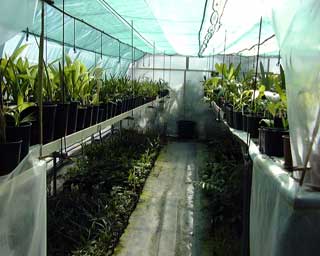
Palmaris in the year 2003
More than just a nursery, Palmaris would like to join
with you in growing your plants and to share with you our pleasure and
experience in this domaine.
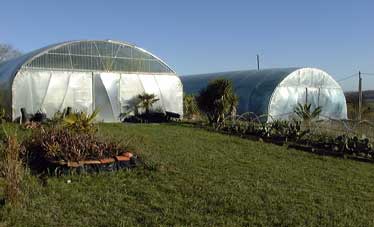
Palmaris in the year 2004
With our passion for tropical species we produce all
kinds of interesting plants, of interest either for their means of culture,
their rarety, their attractive foliage or unusual biology. Plants which
we take great pleasure in growing and propagating. (See our general
list).
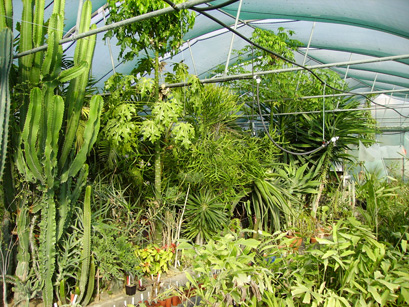
The Mediterranean greenhouse in the
year 2006
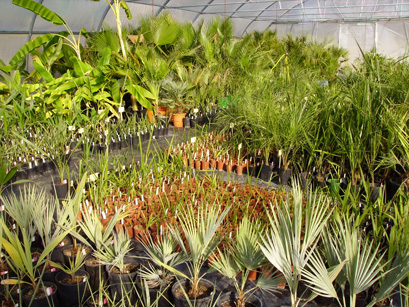
2006, Palmaris takes on board a 5th.
greenhouse dedicated to temperate palms.
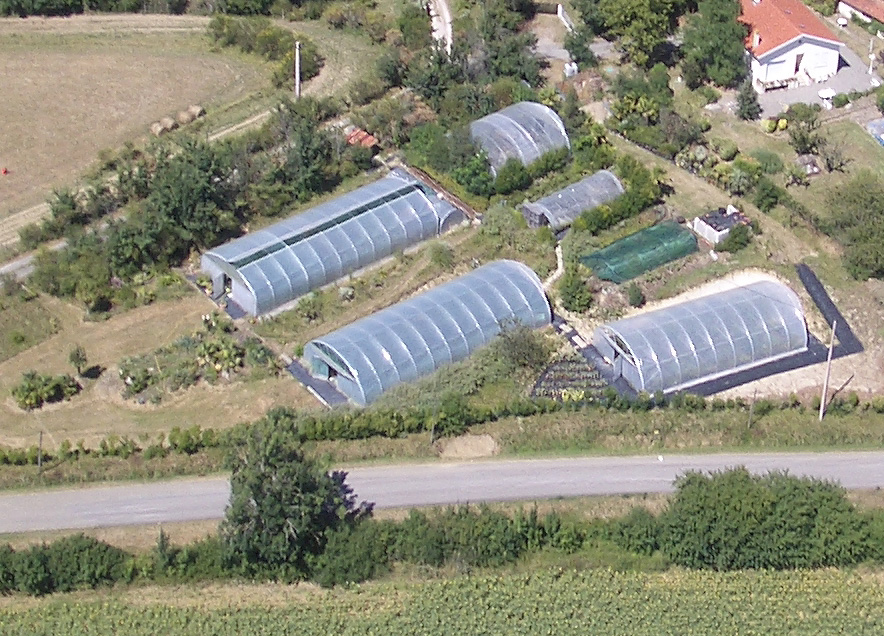
Palmaris in the summer of 2007
You will also find on this web site :
- a selection of recommended books
on plants,
- a page dedicated to general
facts about palms,
- a number of plant fact sheets, updated regularly,
give you growing tips and also the biology on the plants on offer
(these fact sheets are accessible by the links next to the plant
names in the general list).
- a page introducing your host and for you to discover
the context
in which Palmaris came about,
- interesting observations on the effect of freezing
on our collection and stock plants following the big
storm during the winter 1999.
- a section entitled "Palmophiles
corner" which gives you all sorts of information
on palm trees and their culture (Palms from Guadeloupe, seeds and
sowing, diseases and parasites).
- links
to other web sites of interest dealing with palms.
You can collect plants in person from
Palmaris but only by prior arrangement giving 1 or 2 days notice (Tel:
(33 ) 631 67 13 35 or by email).
We hope you enjoy our site and thank
you in advance for any comments you have on our work.
Léon ROGEZ
above
|
PALMARIS
is both an ecological and economic organisation...
|
Palmaris and the environment
Palmaris lies in the middle of a 60 hectare farm itself
run on biological principles (La Soulère, producing a well known
biological cheese). The 1 hectare meadow where we have established Palmaris
is of high ecological value. A dozen species of orchid are to be found
growing between stands of acclimatised exotic plants, together with
cornflowers and other meadow plants which have become rare. We see deer,
foxes, hedgehogs, rabbits, hoopoes, little owls, green woodpeckers,
natterjack toads, great crested newts and fire salamanders. Among the
invertebrates we see ascalaphe ant lions, purple emperor butterflies,
Proserpina hawk moths, large and small peacock moths, stick insects,
empusa mantises, stag beetles; all insects which are our neighbours
according to the time of year.
|
|
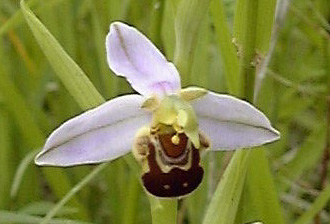 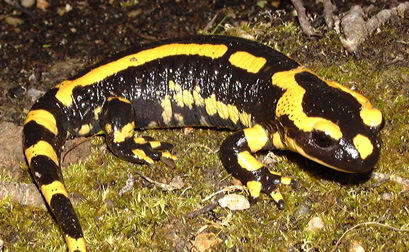
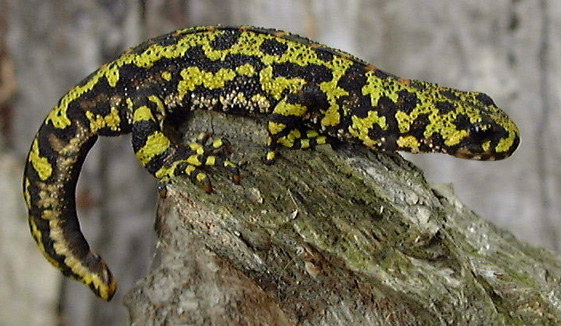
|
|
Ophris apifera, Salamandre salamandra et Triturus
marmoratus
|
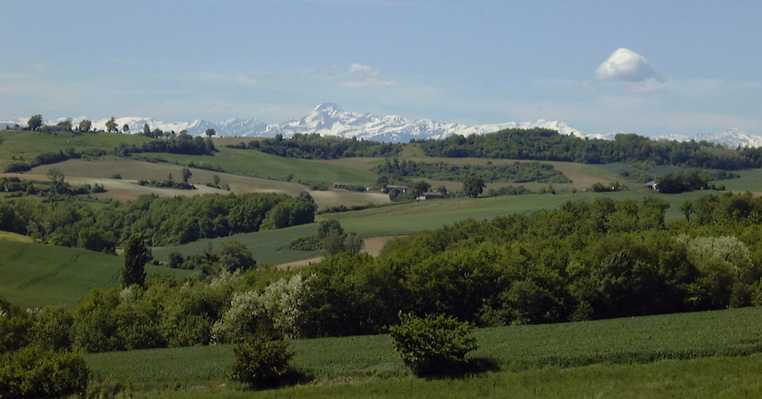
It's not surprising then that, here
in the wide expanse of country with the Pyrenees in the background,
we work with a maximum respect for the environment.
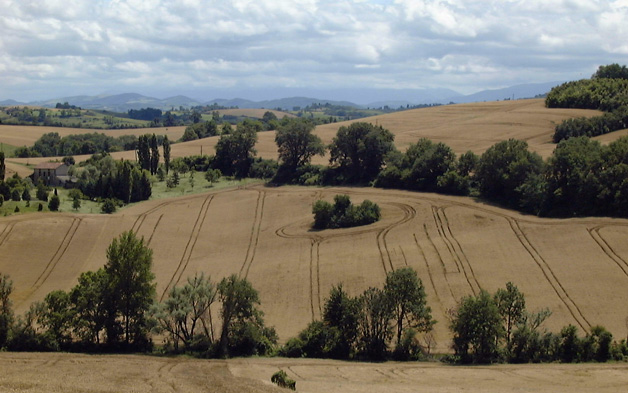
|
We use very little pesticide, just out of season for
outbreaks of red spider mite and against mealy bugs.
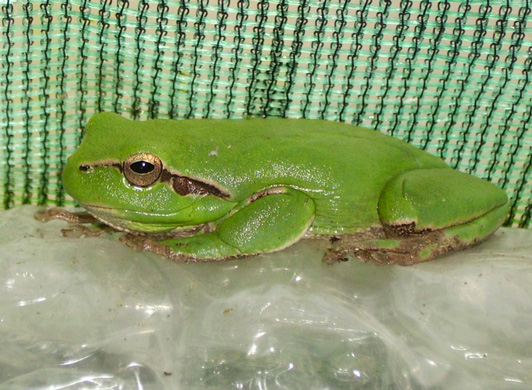 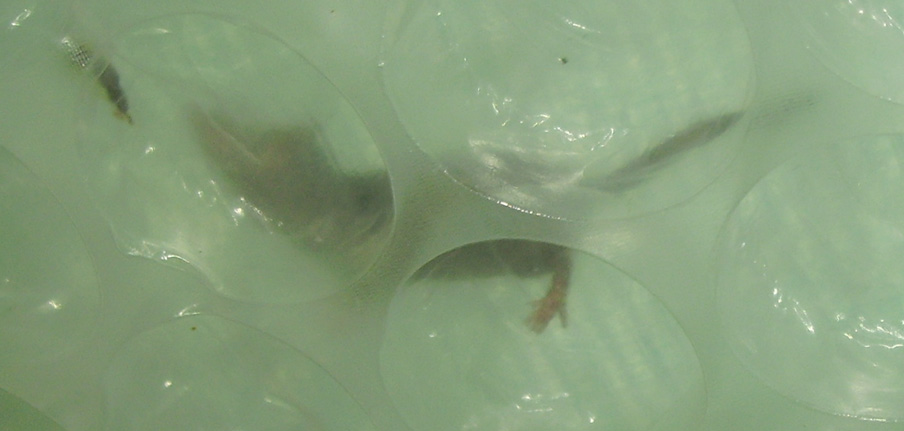
Not only this but tree frogs (Hyla meridionalis),
etruscan pygmy shrews (Suncus etruscus) and theridiid spiders
(small predatory spiders) abound in our greenhouses throughout the year.
|

We use no herbicides, but just mulch the soil and paths
with pine chippings and composted vegetable waste.
|
Our greenhouses have inflatable double walls which offer
near perfect insulation during winter frosts which go as low as -8°C
every year and -12°C every 3 or 4 years.
|
Palmaris is synonymous
with ecology and economy
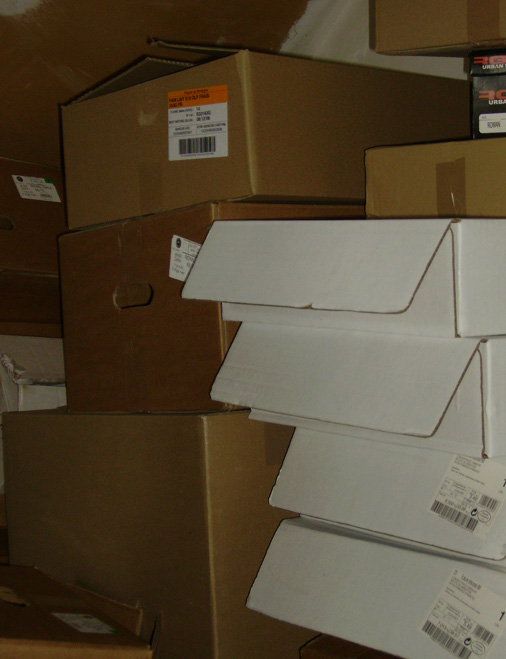
We have not succumbed to the use of cardboard boxes printed with our
own logo for despatch of our products, instead we recyle clean second
hand boxes.
|
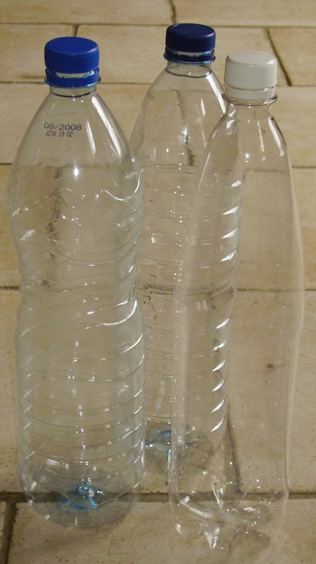
We use empty plastic mineral water bottles for light
supplementary packing.
|
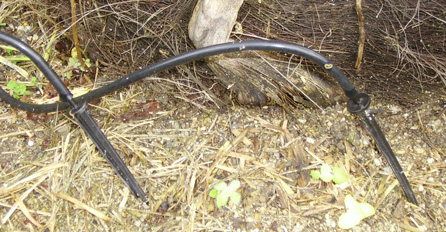
We use almost exclusively drip irrigation so as not
to waste water which is becoming ever more scarce locally.
|
Palmaris was founded and built without bank loans,
totally self-financing.
Careful work and management have contributed to making
Palmaris a relatively ecological venture, but also a very economic one
guaranteeing you some of the most competive prices on the market.
We hope you enjoy our site and thank you in advance
for any comments you have on our work.
Léon ROGEZ
above
|
















